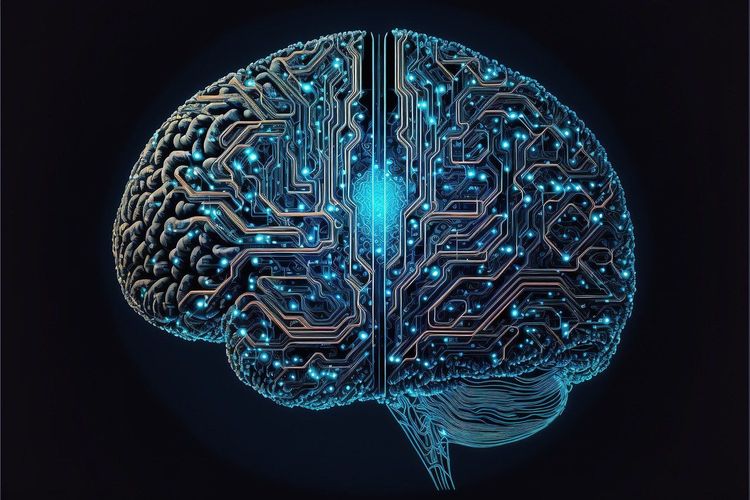Microsoft Copilot, the AI-driven chatbot from Microsoft, has taken a creative leap by integrating with the GenAI music app, Suno, enabling users to compose original songs effortlessly. Now, users can simply input prompts, such as “Create a pop song about adventures with your family,” and see their musical visions materialize through Suno’s plug-in. With just a sentence, Suno can generate full songs, including lyrics, instrumentals, and vocal performances.
To access the Suno integration, Copilot users need to launch Microsoft Edge, navigate to Copilot.Microsoft.com, log in with their Microsoft account, and activate the Suno plug-in by clicking on the Suno logo labeled “Make music with Suno.”
In a statement published today on the Microsoft Bing blog, the company expressed, “We believe this partnership will unlock new pathways for creativity and enjoyment, making music creation available to everyone. This exciting new feature will gradually be rolled out to users starting today, expanding over the next few weeks.”
Both tech giants and startups are pouring resources into GenAI-driven music creation technologies. In November, DeepMind and YouTube collaborated to launch Lyria, a GenAI music model, alongside Dream Track, a tool for generating AI tunes within YouTube Shorts. Additionally, Meta has shared various AI music generation experiments, while Stability AI and Riffusion have debuted platforms and apps designed for generating music and sound effects from user prompts.
However, many ethical and legal questions regarding AI-generated music remain unresolved. AI algorithms learn from existing songs to create new content, raising concerns from artists and GenAI users alike, particularly regarding the consent and compensation for the use of their music. Stability AI's GenAI audio lead departed, stating that GenAI "exploits creators," and in response, the Grammys have prohibited fully AI-generated songs from being considered for awards.
Many GenAI companies contend that fair use justifies their operations without compensating artists whose works are publicly available, regardless of copyright status, leaving users in a complex legal landscape. Suno does not disclose its AI training data sources on its website and allows prompts like “in the style of [artist],” contrary to other GenAI music tools. For instance, I was able to enter the prompt “Uplifting music in the style of Steely Dan” without receiving any warning.
That said, Suno maintains that it does attempt to block specific prompts, does not recognize artists' names in its models, and prevents users from uploading existing song lyrics to create covers.
As legal disputes regarding usage rights unfold, homemade tracks that utilize GenAI to replicate recognizable sounds continue to gain traction online. Music labels are quick to alert streaming services about these tracks, citing intellectual property violations, and have generally succeeded in flagging them. Nonetheless, creators of GenAI tools often find alternative, underground platforms to operate.
Clear guidelines surrounding the legal status of GenAI music may soon emerge, potentially accelerated by a newly introduced Senate bill aimed at providing artists recourse when their digital personas, including musical styles, are used without permission.







